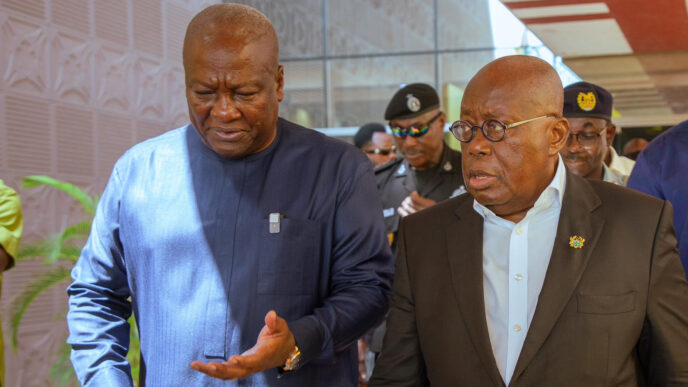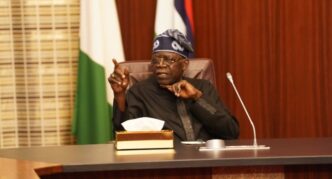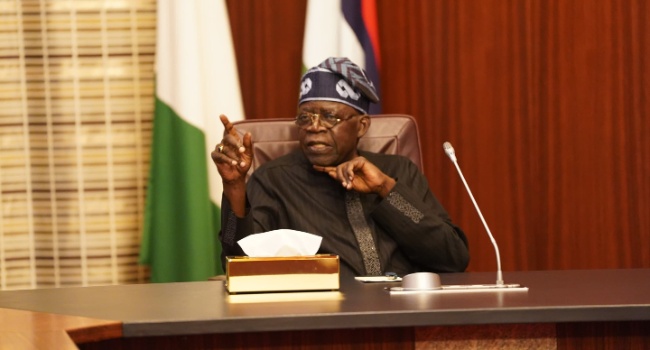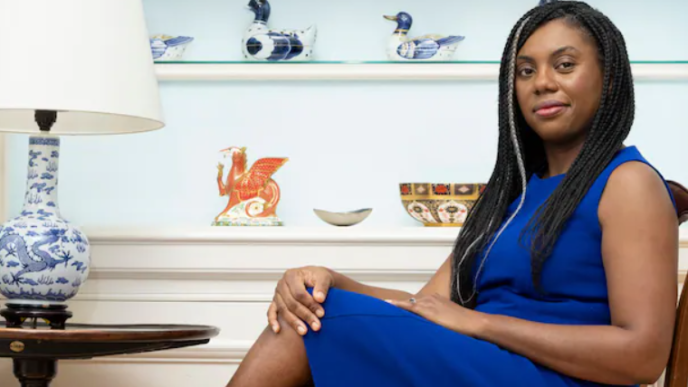Kemi Badenoch’s recent remarks, where she claimed to have “nothing in common” with Northern Nigerians and equated the region with Boko Haram, reveal a troubling colonial mindset and a shallow grasp of Nigeria’s rich and complex history. Her comments, which reduce Northern Nigeria to a hotbed of terrorism, disregard the region’s significant cultural, political, and historical contributions, presenting an incomplete and divisive narrative.
While Badenoch proudly asserts her Yoruba ancestry as a source of strength and identity, her dismissal of Nigeria’s broader narrative underscores a lack of appreciation for the interconnectedness of the nation’s diverse peoples. Northern Nigeria, far from being a monolithic entity tied to terrorism, has historically been a beacon of organized governance, culture, and commerce. Long before British colonization, empires like the Sokoto Caliphate and the Kanem-Borno Empire were flourishing centers of trade, education, and Islamic governance. These empires laid the foundation for the indirect rule system later adopted by the British, who leveraged the sophisticated administrative structures they found in the North.
If Badenoch claims to be a protector of the British crown, she might benefit from studying the histories of the Mali and Songhai Empires, which illustrate how West Africa’s political and cultural influence predated European involvement. Leaders like Sheikh Usman Dan Fodio and Sheikh El Kanemi expanded these empires with ideals rooted in peace, justice, and intellectualism—values that directly challenge her simplistic and erroneous linkage between Northern Nigeria and terrorism.
Terrorism is a global issue, and organizations like Boko Haram do not define any region, ethnicity, or religion. It is disappointing that Badenoch, a leader in the party of Winston Churchill—a man who understood the complexities of global leadership—would stoop to such ethnic chauvinism. Instead of offering unity and a nuanced perspective, she perpetuates stereotypes that diminish her credibility as a stateswoman.
Advertisement
Moreover, Badenoch’s personal contradictions are glaring. While she claims allegiance to Yoruba culture, known for fostering inclusivity and unity, she distances herself from a shared Nigerian identity. Her self-identification as British and her assertion of protecting the crown—while dismissing her Nigerian heritage—highlight a detachment that alienates rather than inspires. This stance reflects an all-too-common colonial hangover that sees the West as superior, even at the expense of one’s own heritage.
It is ironic that Badenoch now frames herself as Yoruba rather than Nigerian, yet aligns herself with British nationalism. If she wishes to embrace her Yoruba ancestry, she should draw inspiration from real heroes like the Àrẹ Ọnà Kakanfò (Generalissimos of the Yoruba Army), such as Afonja and Oluyole, who epitomized courage and loyalty; legendary monarchs like Sango, the warrior king of Oyo, and Queen Moremi, who sacrificed for her people; or modern leaders like Chief Obafemi Awolowo, whose intellectual battles championed unity and progress.
She could also look to General Olusegun Obasanjo, who fought valiantly for Nigeria’s unity during the civil war and later led the nation as both a military and civilian leader, always emphasizing integration and cooperation. Similarly, the sacrifices of Chief MKO Abiola, whose running mate, Babagana Kingibe, hailed from Borno State, symbolize the interconnectedness of Nigeria’s regions. Of more recent significance, President Bola Ahmed Tinubu’s tireless efforts to unify Nigeria’s political landscape led to the emergence of Muhammadu Buhari as president and later to Tinubu’s own ascent under a historic Muslim-Muslim ticket, alongside Vice President Kashim Shettima, also from Borno State.
Advertisement
These figures and their legacies embody the values of strength, unity, and patriotism—not divisive rhetoric or ethnic chauvinism. They demonstrate leadership that sought to unite rather than divide, to build rather than belittle. Badenoch’s rhetoric and divisive narrative stand in stark contrast to the rich legacies of her ancestry and these inclusive leaders, who exemplify strength, collaboration, and a commitment to collective progress.
As a prominent figure in British politics, Badenoch has a unique opportunity to bridge divides, foster understanding, and celebrate the richness of Nigeria’s diversity. Rather than resorting to divisive rhetoric and ethnic bias, she could use her influence to educate and inspire, embodying the true spirit of both her Yoruba ancestry and her British position.
Nigeria’s history is not one of division but of resilience, unity, and cultural symbiosis. Badenoch’s remarks not only betray her ignorance of this legacy but also risk perpetuating harmful narratives that undermine global efforts for solidarity and progress. As a leader in the 21st century, she must rise above outdated colonial perspectives and embrace the multifaceted identity that her heritage and position demand. Only then can she truly claim to protect values that matter—values rooted in unity, respect, and shared humanity.
Advertisement
Views expressed by contributors are strictly personal and not of TheCable.
Add a comment













